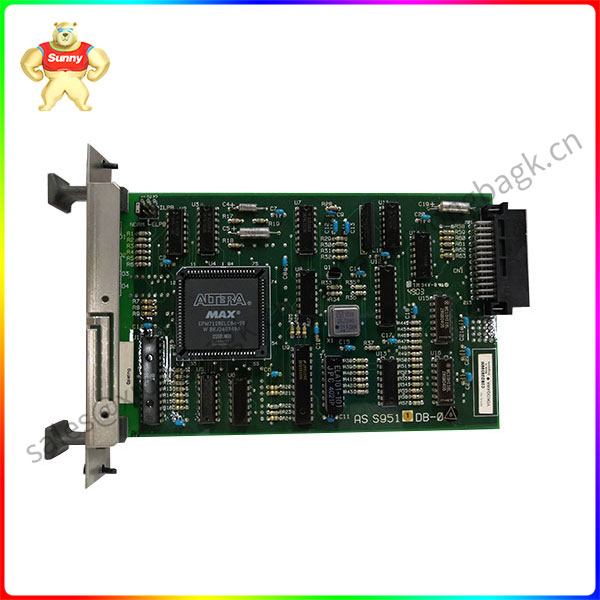Yokogawa (Yokogawa) recently introduced a new fiber optic transceiver control unit – AIP171. This product is designed for the CENTUM CS 3000 Distributed Control System (DCS), which is designed to provide highly reliable and long-distance fiber optic communication solutions. The AIP171 module can convert optical fiber signals into electrical signals and provide them to the DCS system for processing, ensuring the high rate and stability of data transmission.
AIP171 features include:
High reliability: The redundant design ensures that the system can still operate normally when a single module fails.
Long-distance transmission: supports single-mode fiber transmission up to 15 km to meet different application requirements.
High speed: Data transmission rate of up to 10 Mbps is supported to meet the requirements of real-time control system.
Easy to use: simple installation and maintenance, reducing maintenance costs and difficulty.

AIP171
Multiple specifications: Multiple configuration options are available to suit different industrial application requirements.
In terms of technical specifications, the AIP171 supports 1310 nm wavelength single-mode fiber, with isolation between input/output, power supplies and rack to rack, protection level up to IP67, capable of stable operation in harsh industrial environments. The operating temperature range is -40°C to +70°C, and the storage temperature range is -55°C to +85°C.
AIP171 is used in a wide range of industries, including oil and gas, chemicals, power, steel, paper, food and beverage, pharmaceuticals, and water treatment. It plays an important role in process control, machine control and test and measurement applications.
With its deep technology accumulation in the field of automation and control, Yokogawa Electric Company continues to promote the development of industrial automation technology and contribute to the digital transformation of global industry. The launch of AIP171 further enriches Yokogawa’s product line in the field of industrial automation, providing customers with more choices and is expected to play a more important role in future industrial production.
 中文版
中文版




